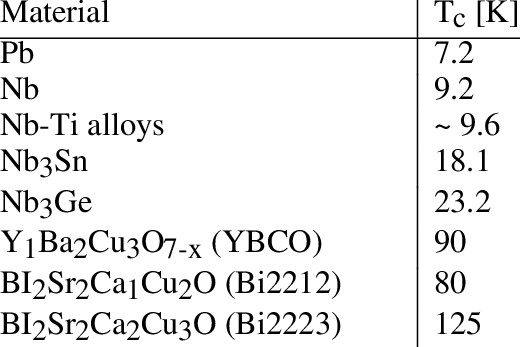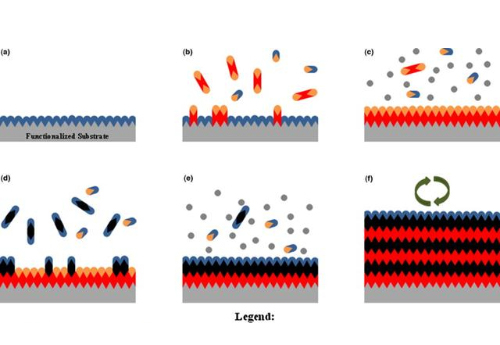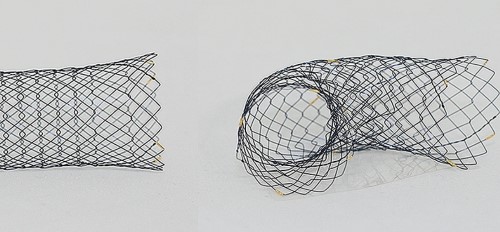Application of Titanium in Watch Industry
Materials Used in Watch Industry
Watch is necessary for people's daily life, its dosage of watchcases and bracelets accounted for 95% of watch material. Traditional watches are manufactured in brass and Ni electroplating surfaces. The surface of this watch contains a large number of nickels wearing often produces "nickel allergy".
Later, watches made of austenitic stainless steel, which also contains nickel and chromium that will cause allergic reactions in human body skin, technical personnel began to use titanium having the affinity with the body to make watch cases, bracelets, clasps, and other parts of watches in the 1970 s.
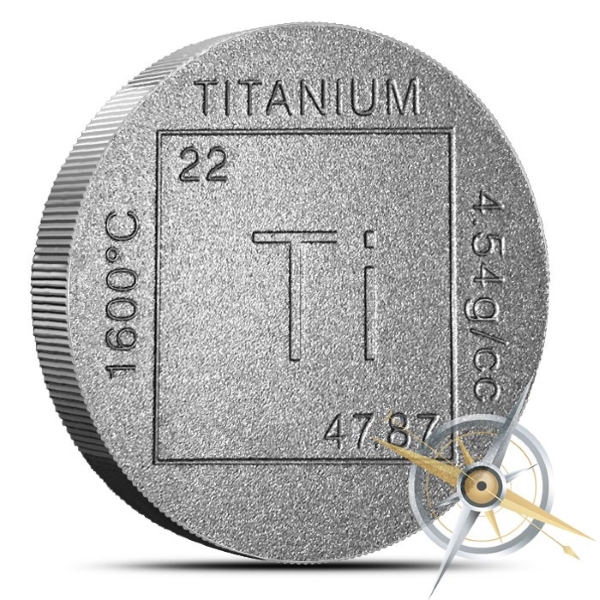
Titanium - Good Choice for Watch Industry
Titanium, used as the watch material, is from a high-grade waterproof, sports watch with a timing function. Japanese watch companies began working on titanium watches in 1972. To apply titanium to watch, researchers solved many technical problems, including the technology of pressure forming, the machining process, surface processing, wear-resisting, weldability, and decorative and biological adaptability in nearly 30 years of research.
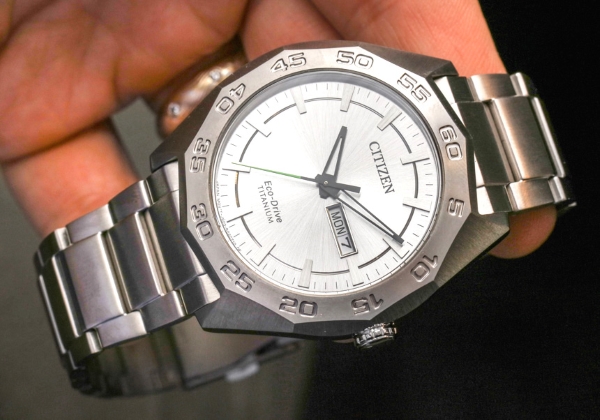
Advantages of Titanium in the Watch Industry
Therefore, a modern titanium watch embodies the following distinctive characteristics:
- Lightweight: Titanium's density is notably lower than that of stainless steel, making a titanium watch approximately 60% lighter. This significant reduction in weight enhances wearability, allowing for larger, more feature-rich designs without compromising comfort.
- Corrosion Resistance: Exceptionally resistant to corrosion from human sweat and seawater, titanium watches are ideal for wear in a variety of environments, from everyday use to sports and marine activities. This property ensures the longevity and preservation of the watch's aesthetic appeal over time.
- Superior Specific Strength: Among metal materials used in the watch industry, titanium boasts the best specific strength. This means that titanium offers the highest strength relative to its weight, contributing to the durability and reliability of titanium watches without adding bulk.
- Enhanced Surface Hardness: The surface hardness of titanium is approximately 2 times that of stainless steel, providing superior resistance to scratches and wear. This feature is particularly beneficial for preserving the watch's appearance under rigorous use.
- Thermal Comfort: Unlike metals that conduct heat rapidly, leading to a cold feeling when first worn, titanium maintains a more consistent temperature. This property enhances the comfort of wearing the watch in varying climates.
- Skin-Friendly: Titanium's hypoallergenic nature makes it highly compatible with the skin, eliminating the risk of allergic reactions. This makes titanium watches suitable for individuals with sensitive skin or allergies to certain metals.
- Aesthetic Appeal: In addition to its functional advantages, titanium offers a unique aesthetic with its matte grey finish and the ability to undergo treatments for color customization. This versatility in design and appearance allows for a broad range of styles, from sleek and modern to bold and colorful.
In essence, the modern titanium watch is not just a timekeeping device but a fusion of advanced material science and artistry. It offers a blend of lightweight comfort, unparalleled durability, and aesthetic versatility.
3D Printing Titanium Popular for Watch Industry
Now the titanium used in making watches is industrial pure titanium, Ti-6AI-4V, and Ti -15333 titanium alloy. In the early 1990s, the first full-titanium watches entered the market and the price is extremely high. With the increased production and process improvement (investment casting of watch shell, sheet metal stamping forming, and manufacture of powder metallurgy), the prices declined and all-titanium watches were popularized. With the development of 3D printing, personalized-customization print titanium watches appear constantly.
Conclusion
Thank you for reading our article and we hope it can help you to have a better understanding of the titanium used in the watch industry. If you want to learn more about titanium products, we would like to advise you to visit Stanford Advanced Materials (SAM) for more information.
Stanford Advanced Materials (SAM) is a worldwide supplier of titanium products and has over two decades of experience in the manufacture and sale of titanium materials, providing high-quality products to meet our customers' R&D and production needs. As such, we are confident that SAM will be your favorite titanium supplier and business partner.

